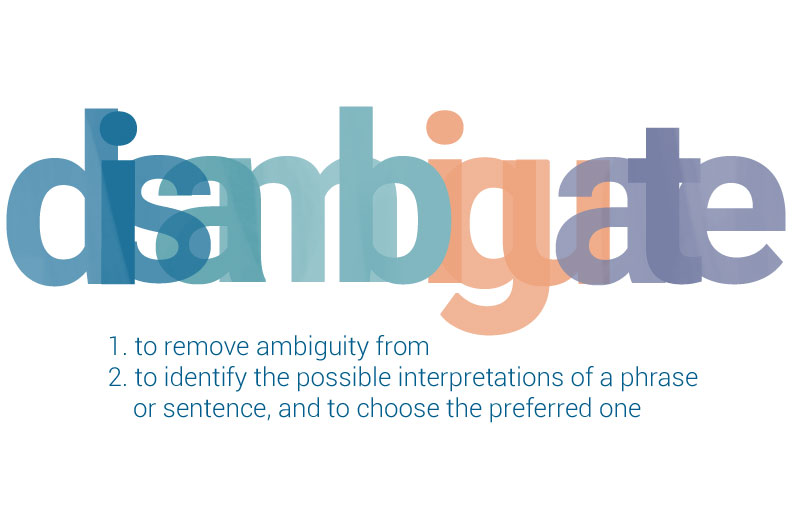
Here, friends, is the latest in our explorations of interestingly misphrased sentences.
“Residents are being encouraged to roll up their sleeves and donate blood by a local politician.”
Admittedly, there is little that is ambiguous about this. The meaning here is clear, and yet I could not help laughing out loud when I read it. Surely I’m not the only one tempted to replace the word “by” with “of”. Am I?
It is possible the journalist who penned this sentence was having a bit of fun by structuring it this way. Even so, my view remains that it is risky to rattle your reader with any phrase or expression that disrupts the otherwise focused flow of their attention, unless that is your express intention.
Good writing sometimes does this, of course, by presenting us with a particularly striking image or an exquisitely sinuous sequence of words. This is why we appreciate such writing so much.
There is an easy way to achieve this in our sanguinary sentence above. All that is required is for the prepositional phrase “by a local politician” to be nudged immediately after the word “encouraged”, thus:
“Residents are being encouraged by a local politician to roll up their sleeves and donate blood.”
This keeps the agent of the encouragement (“a local politician”) close to the verb (“encouraged”), while the additional details (“roll up their sleeves and donate blood”) are appended at the end.
It’s true that the meaning of the sentence is evident in either version. However, one approach makes it clear who is being asked to do what by whom, while the other invites (in my mind at least) the image of zealous residents rolling up their sleeves to merrily shed the blood of their local politician.
Not that I’m saying that’s a bad thing, necessarily…
I’m really not the only one who secretly imagined that sentence read “donate blood of a local politician”, am I? Really?

